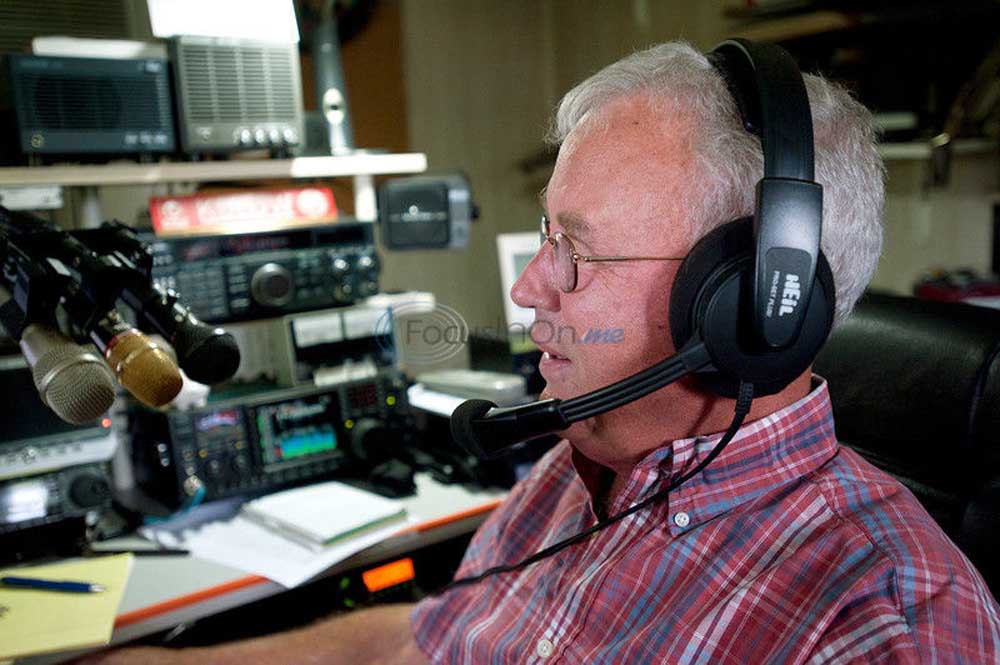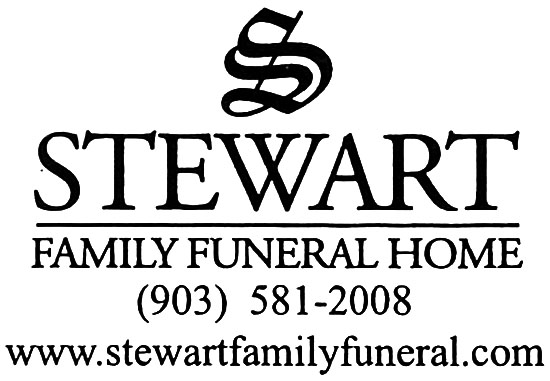Radio operators sharpen skills at weekend field day
Published 10:45 pm Saturday, June 22, 2013

- photo by Sarah A. Miller/Tyler Morning Telegraph Don Simonton of Tyler listens to a radio at his home Tuesday. Simonton is the Skywarn coordinator for Smith County, and he reports weather information he receives from other radio enthusiasts to the National Weather Service in Shreveport. Simonton has been involved in amateur radio for 20 years.
Measles and the turn of a knob was what it took to spark Richard Nielsen’s interest in amateur radio.
Nielsen was sick with the disease as a child and had a radio at his bedside. But the radio had three knobs — rather than the typical two he had seen — so he was curious and turned the third knob.
“I heard static, (and) all of a sudden I was getting stations in Europe…” he said. “I started reading about it and learning about it, and in 1954 got my first amateur radio license at age 14.”
The Cherokee County Amateur Radio Club member, now in his 70s, said he’s heard some unique things, such as conversations during the U.S. invasion of Grenada, and he isn’t sure he would have ventured into amateur radio if he hadn’t turned the third knob that day.
This weekend, many operators participated in Amateur Radio Relay League Field Day. The association’s website states that during “amateur radio’s most popular on-air operating event,” more than 35,000 amateurs come together with groups or friends and operate from remote places. In East Texas, that includes Camp Tyler, as well as a location in Jacksonville.
The Amateur Radio Relay League describes amateur radio, or ham radio, as “a mix of fun, public service and convenience.”
Jacksonville Police Detective Greg Compton, with the Cherokee County Amateur Radio Club, said those who want to participate in amateur radio must pass a test and be licensed by the Federal Communications Commission. He said study guides are available, as are practice tests.
“You’ve got to know the rules,” Compton said. “You’ve got to know frequency. You’ve got to know your band limits.”
Once someone is licensed, they operate on radio frequencies called the “Amateur Bands,” which are “at intervals from just above the AM broadcast band all the way up into extremely high microwave frequencies,” according to the Amateur Radio Relay League website.
Compton, 39, said many people get into amateur radio as a hobby. He received his license in 1989 and credits his father for his initial interest.
He said his father, and a group of friends, talked on the radio in the evening, and “it just looked like fun.”
Throughout the years, he has talked to people in many locations, including several islands, such as Crete, as well as Canada and Europe.
He said he still keeps in contact with a man in Australia and has talked to someone in Ohio who ended up having family in Jacksonville.
Compton said amateur radio operators can talk about topics such as life experience.
“It’s neat. We’re good will ambassadors to other countries,” he said.
Compton said amateur radio also is “a release to get away from your daily grind.”
“You can get out on the radio and find someone you don’t know…” Compton said.
“You can do so much with it. A lot of guys get into it to sit and chat and meet people.”
Compton said amateur radio also is a good family hobby because profanity is not allowed.
On average, he said, he spends several hours each week on the radio.
“This hobby affords you an opportunity to reach out and keep in touch and build some really strong friendships…” he said. “I’ve had a lot of fun with it.”
Don Simonton, Skywarn coordinator for Tyler/Smith County, has what he calls a “typical ham radio shack” at home. He has multiple radios and microphones, which he uses for different communications.
Simonton, 71, said amateur radio is something he’d kind of always had an interest in, but he didn’t have time to pursue it until he retired. He said his interest in ham radio stems from weather, and he monitors weather reports as well as forecast discussion.
He said Skywarn observers provide reports for the National Weather Service, and the reports are included with what appears on the radar.
“If they feel they need to issue a warning, they use information they get from us to base that on,” he explained.
Overall, amateur radio is valuable because it “gets through when nobody else does,” he said.
“Cell phones can be down. Radio stations, television stations can be down. Satellites can be down. But we don’t go down,” Simonton said.
Tyler Amateur Radio Club President Rick Hall, 53, agreed, saying he believes amateurs can help people in emergency situations.
“We come through when all else fails. The hams are there,” he said.
Nielsen said the hobby also is a great way for children to learn about science and technology and encouraged young people to become involved.







